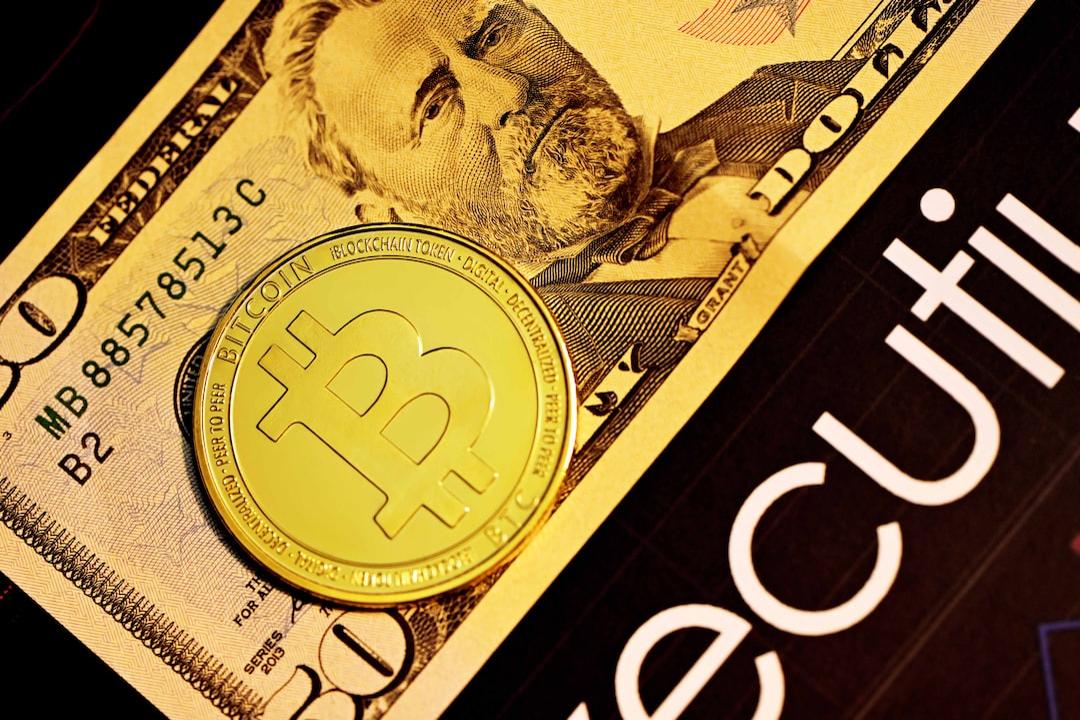Ripple’s blockchain technology and its digital asset XRP are at the forefront of shaping a future cashless society. While digital payments offer many advantages, there are still challenges such as limited internet access and privacy concerns. Ripple’s blockchain aims to address these challenges.
The global landscape of payments is constantly changing, with digital transactions revolutionizing traditional financial systems. Ripple, a major player in blockchain technology, recognizes the transformative potential of digital payments in paving the way for a cashless society.
Today, digital payment methods encompass a wide range of transactions, from traditional bank transfers to innovative blockchain solutions like Central Bank Digital Currencies (CBDCs). Every time someone swipes a card, taps a payment terminal, or uses a mobile wallet, they contribute to the growing cashless economy.
The COVID-19 pandemic has accelerated the shift towards digital payments. A survey by Mastercard revealed that the majority of consumers view contactless payments as a cleaner alternative, leading to a sustained preference for digital transactions even after the pandemic.
The trend towards cashless transactions can be seen on a global scale. While consumers in regions like Latin America are increasingly favoring digital payments, countries like Japan are actively reducing their reliance on cash. Sweden has experienced a significant decline in cash usage over the past decade. Governments, businesses, and central banks are recognizing the benefits of digital payment infrastructures and embracing their potential to revolutionize financial transactions.
However, cashless payments still face challenges. A significant portion of the global population lacks internet access or banking services, hindering the widespread adoption of digital payments. Power outages and internet disruptions also pose real-world obstacles, while data privacy and security concerns remain important.
To achieve widespread adoption, cashless transactions require greater support and cooperation from financial regulators and authorities. Addressing concerns such as high interchange fees from credit and debit card providers is crucial for building trust among merchants and regulators. Overcoming the challenges and barriers to adoption requires a multifaceted approach.
Ripple believes that blockchain technology holds the key to addressing these challenges. Its decentralized nature and inherent benefits have already shown the potential to revolutionize cross-border transactions, offering increased speed, cost-efficiency, and transparency compared to traditional digital methods. Ripple’s XRP plays a crucial role in facilitating liquidity and infrastructure.
Various industries and innovators are leveraging blockchain to eliminate the need for cash transactions. Payments are recognized as a top use case for crypto and blockchain technology by global finance leaders. This trend is evident in the retail and commerce sectors, where businesses like TAG Heuer, Gucci, and Ferrari are embracing digital currencies and stablecoins as viable payment options.
Governments and central banks worldwide are also embracing digital currencies as alternatives to cash, driven by their potential for efficiency, inclusivity, and sustainability. Ripple and its digital asset XRP provide the necessary infrastructure to enhance liquidity and facilitate faster, more efficient, and cost-effective transfers.
Advancements in technology, particularly in artificial intelligence and machine learning, are poised to further enhance the evolution of cashless payments. Additionally, blockchain technology plays a crucial role in fraud detection and bolstering the security of cashless transactions.


